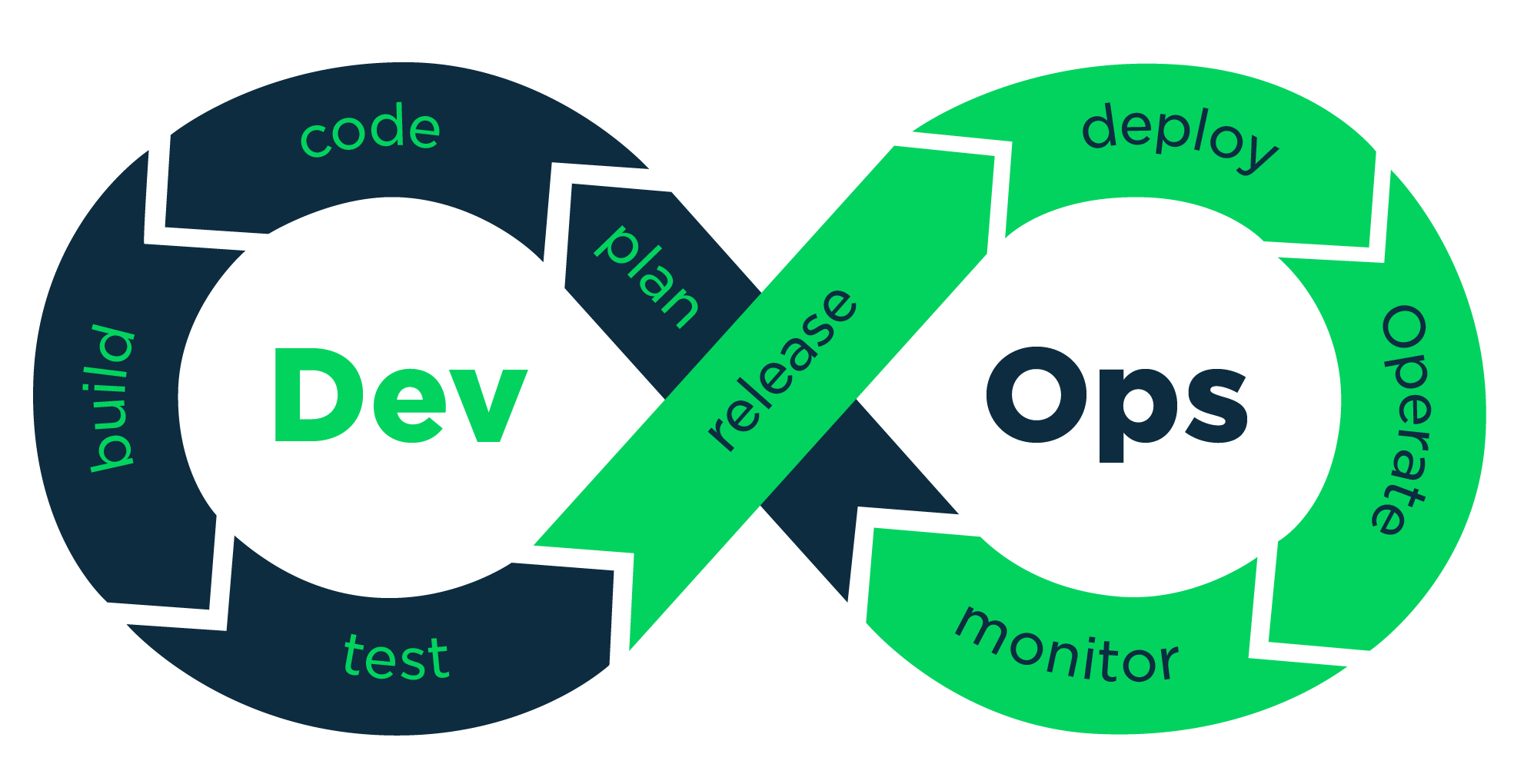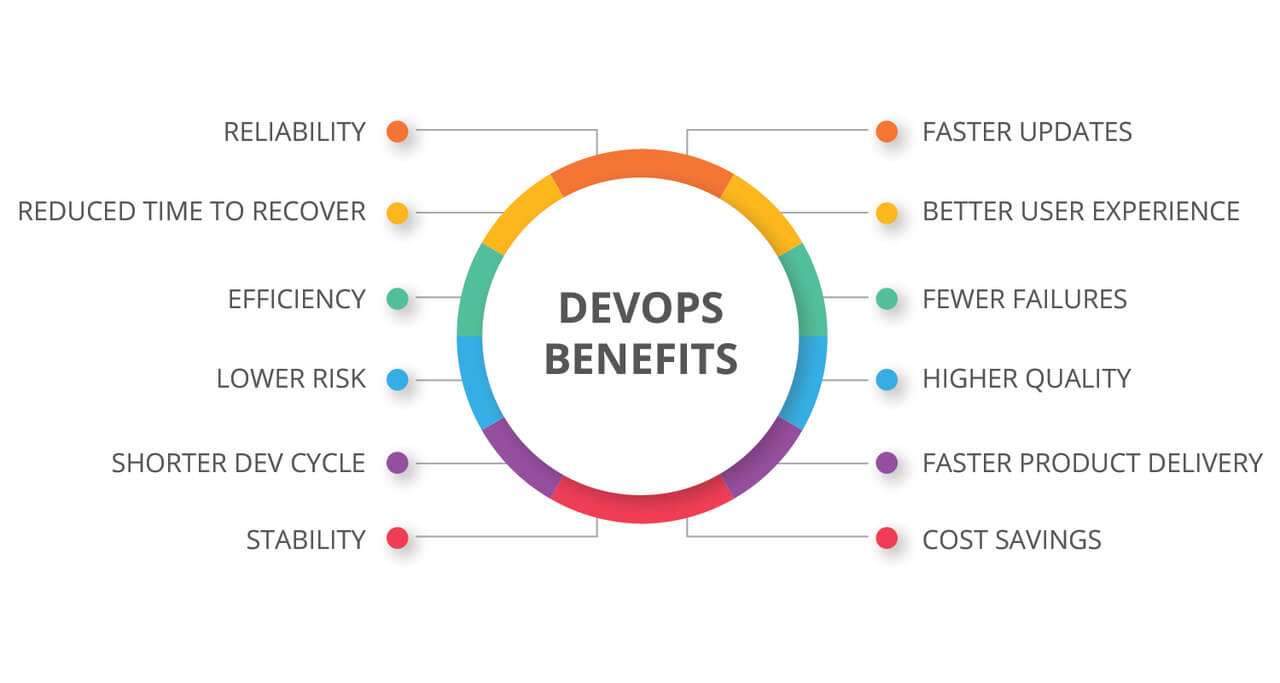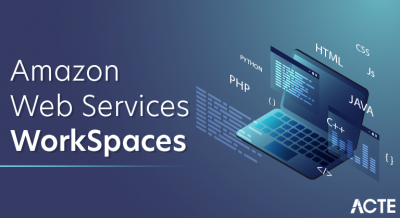
- Introduction to DevOps Certification
- What is DevOps?
- Importance of DevOps Certification
- Types of DevOps Certifications
- Popular DevOps Certification Providers
- Benefits of DevOps Certification
- Skills Required for DevOps Certification
- How to Prepare for DevOps Certification
- Cost and Exam Details for DevOps Certifications
- Conclusion
Excited to Achieve Your DevOps Certification? View The DevOps Online course Offered By ACTE Right Now!
Introduction to DevOps Certification
In today’s fast-paced world of software development, DevOps has become a crucial approach to improving collaboration between development and operations teams. It emphasizes automation, continuous integration (CI), continuous delivery (CD), and seamless collaboration, all aimed at accelerating software delivery while maintaining high-quality standards. With the growing adoption of DevOps across industries, the demand for professionals skilled in DevOps practices continues to rise. A Devops Training formally recognizes an individual’s knowledge and skills in implementing and managing DevOps practices. Certification demonstrates your proficiency in working with the latest DevOps tools, methodologies, and cloud environments. Moreover, it provides validation of your commitment to continuous learning and adaptability in an ever-evolving tech landscape. Whether you are a beginner entering the IT field or an experienced engineer looking to formalize your skills, a DevOps certification can serve as a powerful career enhancer.
What is DevOps?
DevOps is a set of practices, principles, and tools to automate and improve the collaboration between software development (Dev) and IT operations (Ops). The main goal of DevOps is to reduce the software development lifecycle and provide continuous delivery with high-quality software. Key components of DevOps include:
- Continuous Integration (CI): Frequently merge code changes into a shared repository and test them automatically to detect issues early.
- Continuous Delivery (CD): Automating the release of software for deployment to production at any time, with a strong focus on Code Quality with CI/CD Automation.
- Infrastructure as Code (IaC): Managing and provisioning infrastructure through code, enabling consistency, scalability, and automation.
- Collaboration and Communication: Promoting effective collaboration between development and operations teams to achieve shared goals and faster software delivery.

Importance of DevOps Certification
DevOps certification validates your skills and knowledge in implementing best practices that increase software development productivity and operational efficiency. With more companies adopting DevOps strategies, certified professionals are in high demand. Here are some reasons why DevOps certification is essential. DevOps certification offers numerous advantages that make it a valuable asset for IT professionals. It provides industry recognition, proving to employers and peers that you possess the essential skills to implement DevOps practices and effectively work with Devops Lifecycle Tools. Certification also supports career advancement by opening doors to new opportunities in DevOps, software engineering, and IT operations—often leading to higher-paying roles. Additionally, it contributes to increased efficiency by helping professionals understand and implement automation, continuous integration, and continuous delivery pipelines, resulting in faster and more reliable software delivery. Moreover, DevOps certification ensures a better understanding of essential tools such as Jenkins, Docker, Kubernetes, Git, and more, equipping individuals to manage and optimize modern development environments confidently.
Types of DevOps Certifications
Several certification programs are available, each focused on different aspects of DevOps practices. Here are the most popular types of DevOps certifications:
- Foundational Certifications are ideal for beginners and those new to DevOps concepts. They typically cover basic DevOps principles and tools. An example is the DevOps Foundation Certification by the DevOps Institute.
- Specialized Certifications: These certifications focus on specific tools and technologies used in DevOps practices. They might focus on CI/CD tools, infrastructure automation, containerization, or cloud platforms. Examples are Docker Certified Associate (DCA), Kubernetes Administrator Certification, and AWS Certified DevOps Engineer.
- Advanced Certifications: These certifications, targeted at experienced DevOps professionals, explore advanced DevOps practices, strategies, and tools. Examples are Certified Jenkins Engineer, Google Professional Cloud DevOps Engineer, and Microsoft Certified DevOps Engineer Expert.
- Increased Marketability: A DevOps certification enhances your resume and demonstrates your expertise to employers, making you a more attractive candidate in a competitive job market.
- Hands-on Skills: Certification programs provide hands-on experience with popular DevOps tools, enabling you to apply what you’ve learned to real-world scenarios.
- Career Growth: DevOps is a rapidly growing field, and having a certification can open doors to senior roles such as DevOps Engineer, Site Reliability Engineer, Cloud Architect, or Professional Cloud Architect.
- Global Recognition: DevOps certifications from globally recognized organizations (such as AWS, Google, and Docker) carry significant weight in the job market.
- Higher Salary: With DevOps skills in high demand, certified professionals often command higher salaries due to their expertise in the field.
- Automation Tools: Knowledge of CI/CD tools like Jenkins, GitLab CI, CircleCI, and Travis CI is essential for automating software delivery pipelines.
- Containerization: Proficiency in working with containers using tools like Docker and Kubernetes is vital as containerization is central to DevOps practices.
- Cloud Computing: It is essential to manage cloud-based infrastructures to understand cloud platforms like AWS, Azure, and Google Cloud and their DevOps tools and services.
- Infrastructure as Code (IaC): Familiarity with IaC tools like Terraform and AWS Cloudformation helps automate infrastructure provisioning and management.
- Scripting and Programming: Strong skills in scripting languages like Bash, Python, and PowerShell help automate tasks and integrate different DevOps tools.
- Collaboration and Communication: As DevOps is about bridging the gap between development and operations, strong communication and collaboration skills are critical.
Excited to Obtaining Your DevOps Certificate? View The DevOps Training Offered By ACTE Right Now!
Popular DevOps Certification Providers
Several organizations offer DevOps certifications, each focusing on different aspects of DevOps principles, practices, and tools. DevOps Institute provides certifications such as the DevOps Foundation and Certified Agile Service Manager, covering core DevOps concepts. Amazon Web Services Certification offers the highly respected AWS Certified DevOps Engineer certification, emphasizing cloud-based DevOps practices. Google Cloud provides the Google Professional Cloud DevOps Engineer certification, which focuses on deploying, operating, and managing applications within the Google Cloud ecosystem. Microsoft offers the Microsoft Certified: DevOps Engineer Expert certification, designed for professionals working with Microsoft Azure and related DevOps methodologies. Docker provides the Docker Certified Associate (DCA) certification, which is ideal for those specializing in container and container orchestration technologies. Additionally, Kubernetes offers the Certified Kubernetes Administrator (CKA) certification, essential for professionals managing Kubernetes and containerized applications.

Benefits of DevOps Certification
Obtaining a DevOps certification brings numerous benefits, not only to the individual but also to the organization they work for. Here are some of the key benefits:
Thinking About Earning a Master’s Degree in DevOps? Enroll For DevOps Masters Program by Microsoft Today!
Skills Required for DevOps Certification
You need a mix of technical and soft skills to earn a DevOps certification successfully. Some of the key skills you will need include:
Getting Ready for a DevOps Job Interview? Check Out Our Blog on DevOps Interview Questions & Answer
How to Prepare for DevOps Certification
Adequate preparation for DevOps certification involves a combination of theoretical study, practical experience, and exam practice. Review the Exam Blueprint to understand the topics covered, as each certification provider offers a syllabus outlining key skills and knowledge areas. Take Online Training Courses from platforms like Udemy, LinkedIn Learning, and A Cloud Guru, which provide video lectures, hands-on labs, and quizzes to reinforce learning. Study Official Documentation for Devops Training like AWS Certified DevOps Engineer or Google Cloud DevOps Engineer, as reviewing platform-specific documentation helps grasp relevant services and best practices. Practice Hands-On Labs by setting up your DevOps environments using tools such as Jenkins, Docker, Kubernetes, and AWS CloudFormation, ensuring mastery of key concepts. Take Practice Exams to familiarize yourself with the exam format and identify areas for improvement. Lastly, Join DevOps Communities like DevOps Subreddit and DevOps Stack Exchange to stay updated on industry trends and gain insights from experienced professionals.
Cost and Exam Details for DevOps Certifications
| Certification | Provider | Cost (Approx.) | Duration | Format |
|---|---|---|---|---|
| DevOps Foundation | DevOps Institute | $300 – $500 | 60 mins | Multiple Choice |
| AWS Certified DevOps Engineer – Pro | AWS | $300 | 180 mins | Multiple Choice |
| Google Cloud DevOps Engineer | $200 | 120 mins | Multiple Choice | |
| Docker Certified Associate | Docker | $195 | 90 mins | Multiple Choice |
| Microsoft DevOps Engineer Expert | Microsoft | $165 | 180 mins | Scenario-based |
Exam Retake Policy:
Most certification providers allow you to retake the exam if you do not pass. The retake policy varies by provider, but typically, you must wait a certain period (e.g., 14 days) before retaking the exam.
Conclusion
A DevOps Certification can be a significant asset for anyone looking to build or advance their career in software development, IT operations, or cloud computing. As DevOps continues to transform how software is developed and delivered, certified professionals are increasingly in demand. Whether you are just beginning your journey or are an experienced professional aiming to validate your skills, a DevOps Training demonstrates your commitment to modern software practices and continuous improvement. It signifies a well-rounded understanding of automation, collaboration, cloud platforms, and the DevOps mindset. With careful preparation, hands-on practice, and engagement with the DevOps community, you can successfully achieve certification and take a meaningful step forward in your career.


